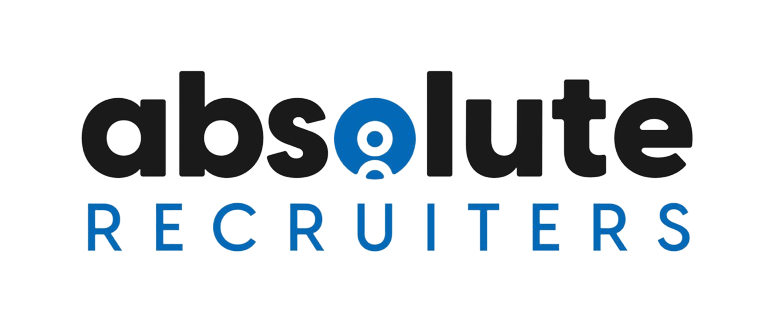The Pros and Cons of Temporary and Permanent Jobs
When job searching for jobs, the terms ‘permanent’, or ‘temporary’ appear often in job descriptions – but what do they really mean? Each job type come with its pros and cons.
The decision to apply for a permanent or temporary role is very important in any job search. The features of each job type are normally distinct, and this oftentimes helps you choose which option you’ll be opting for.
Knowing the pros and the cons of both job types will help you know which fits in line with your circumstances, career goals and lifestyle preferences.
If you are searching for temporary and permanent jobs in Nigeria, check our blog today. This blog post was written to help you understand both job types.
Temporary Jobs:
Temporary jobs are often from a time range of few hours to several months. They help you gain experience faster in a range of working environments and industries compared to permanent jobs.
Due to their flexibility, temporary jobs are often ideal for people just starting out in their career, raising a family, studying or moving to another location.
Many temporary roles offer the possibility of transitioning into a more permanent position later, but it’s not always a guarantee. When working temporarily, it’s best to see your entire work assignment as a trial with your employer.
Pros
1. Working with a variety of employers can help you develop more skills and broaden your network.
2. Most times, there’s no requirement to give notice if you want to resign (but it’s important to do so)
3. Temporary jobs help you build your resume, this prevents you from having so many gaps on your resume.
4. Working with more than one employer can help you have multiple sources of income.
Cons
1. Less financial stability – temp work can mean less predictable pay if you don’t have another role lined up after your current assignment.
2. There is oftentimes no guarantee that an employer will offer you a permanent position after a temporary job.
3. Companies end your assignment when they dim fit.
4. You do not get leave or holiday allowance.
5. If you don’t state on your cv that they are temporary jobs, employers may think you are not reliable, hence the short time on each job.
Permanent Jobs
A permanent job is any type of job with no set end date. ‘9-5 jobs’ are a typical example, although some permanent jobs can be part-time. People from all walks of professional life can be found in permanent jobs. Permanent jobs are the core feature of many organisations and they help to build or maintain a company’s culture and performance.
Pros
1. There’s the advantage of financial stability. Since your pay cycle is fixed, and you have regular work hours each week, you can worry less about looking for the next job and make more long-term financial plans.
2. There’s a definite amount of paid time off, so you will get paid public holidays, annual leave, parental leave each year.
3. Permanent employees may get access to perks that are not available for temporary roles, such as additional superannuation.
4. Longer employment periods look better on a CV.
Cons
1. You may get bored with an unchanging routine – going to the same office, doing the same tasks, working with the same colleagues every day.
2. You may not have a work-life balance, since the work schedule is not flexible.
3. Before resignation, you might have to give your employer between two weeks to more than a month’s notice.
4. Permanent employment can be restricting, especially for people who desire to continue exploring other fields, work in other positions, and get more knowledge and skills.
When it comes to temporary vs. permanent jobs, they both have their pros and cons, depending on your circumstances and lifestyle. It’s up to you to decide which one is most ideal for you.
Check here to get access to our job updates today.


